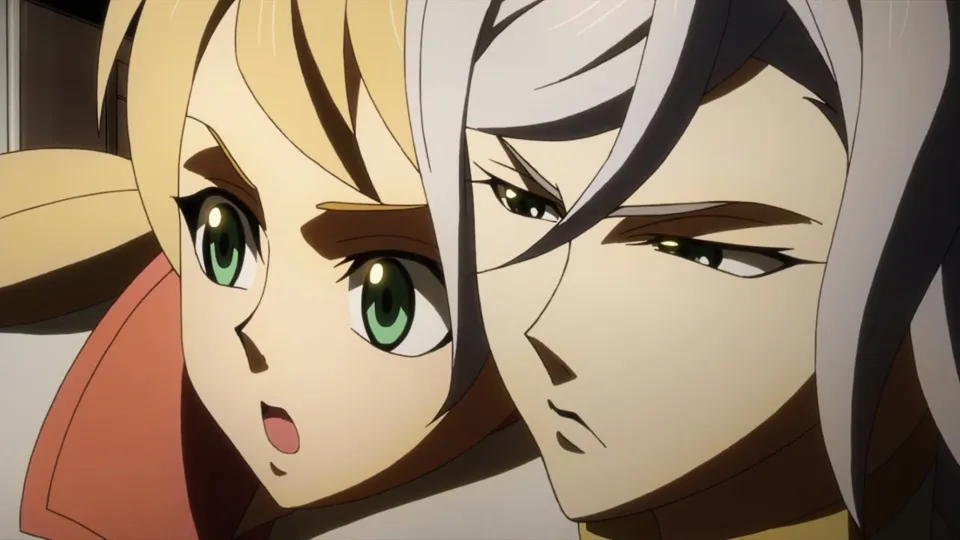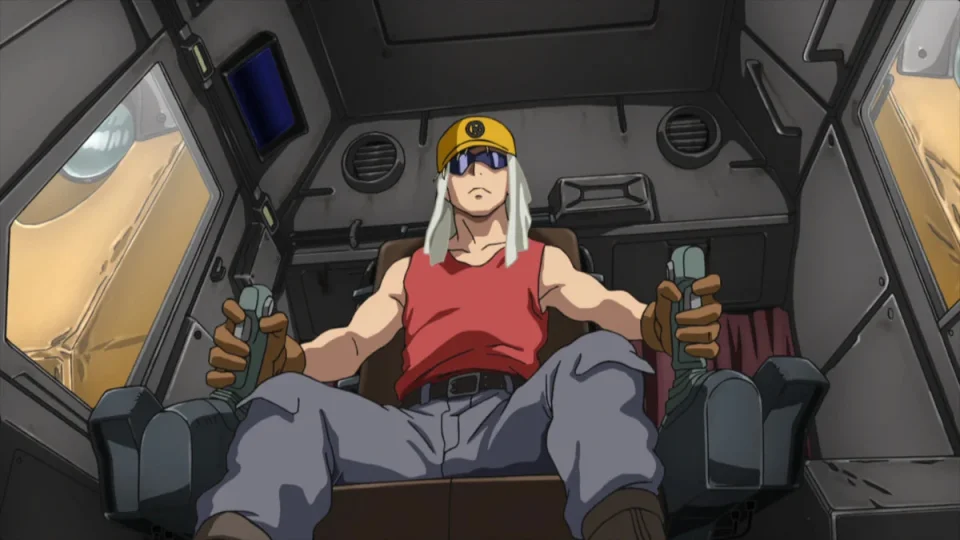'Mangakas should direct their anime', they say

Yoshikazu Yasuhiko, known for his work as a character designer and director on "Mobile Suit Gundam" and also for his career as a mangaka, recently shared his opinions on the importance of the original author's role in the anime adaptation of his work. Despite having dedicated himself exclusively to manga for a while, Yasuhiko returned after 25 years to take on the role of director in the animated adaptation of his manga "Mobile Suit Gundam: The Origin". This decision was due to his belief that the creator of the original material is best suited to direct its adaptation.

"The 'Mobile Suit Gundam: The Origin' manga had a very passionate fan base. That's why I thought that the author of the manga should be the one to direct the adaptation," Yasuhiko explained. His approach to anime directing is known for making significant changes to the original script. "When I direct anime, I almost always change the script considerably. I've even rewritten the initial storyboards, which has angered the writers. On those occasions, the director has had to step in to mediate, but I maintain that scripts should be changed if necessary."
Yasuhiko sees the storyboard as a detailed blueprint that guides the production of the anime. "When you put the script on the storyboard, there are inevitably aspects that need to be changed. However, when there is original material, the situation changes." The mangaka argues that while the original can be modified for the better, this often results in a detriment to the work. For this reason, he decided not to work on adaptations of other authors, so as not to run the risk of damaging the original material. "It would be irresponsible to harm someone else's work."
The success of the film "THE FIRST SLAM DUNK", directed by its original author Takehiko Inoue, is a clear example of the benefit of this practice. "Inoue carried out the adaptation meticulously, which made fans of the manga happy and attracted new followers," Yasuhiko highlighted. "This was possible because Inoue possesses the necessary skills, and so it should be in general."
In recent times, it has become a norm for anime adaptations to be faithful to the source material, which has limited creativity and expression in anime, according to Yasuhiko. "In a sense, we've returned to a time where manga is the 'master' and anime is the 'servant,'" he noted. However, it also recognizes that there are creators who only produce original anime, which shows that anime has established itself as an independent means of expression.
"Those who wish to create faithful adaptations of the original can do so, and those who don't, can develop their own world," Yasuhiko concluded. "Today, unlike in the past, both paths are viable." Yasuhiko's opinion underscores an important trend in the anime industry. The direct involvement of the author in the adaptation of their work can ensure a more authentic and respectful representation of the source material. At the same time, the importance of creative freedom in anime is recognized, allowing creators to explore and expand their own visions.
Source: Otakomu

